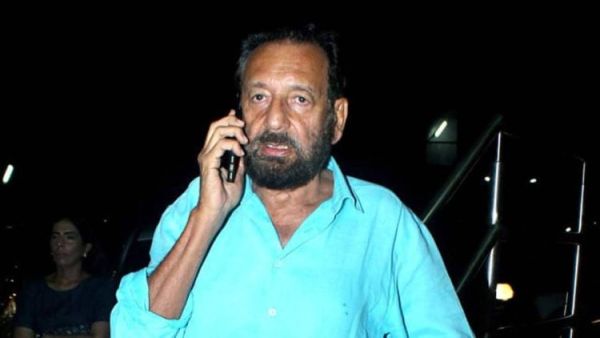
Known for his films such as “Masoom,” “Mr. India,” and “Bandit Queen,” filmmaker Shekhar Kapur has said that his film “Masoom” was an effort to examine the brittleness of human emotions.

Shekhar’s directorial debut, “Masoom,” is based on the 1980 Erich Segal book “Man, Woman, and Child,” which was later made into the Malayalam film “Olangal.”
Shekhar Kapur previously said, “‘Masoom’ was my attempt to explore the fragility of human emotions,” in reference to the movie. It taught me that the best tales are those that are based on truth—truth that is both freeing and sometimes unpleasant.
The movie is a moving examination of love, forgiveness, and interpersonal connections. “Masoom” masterfully explores the lives of an apparently ideal family whose world is completely upended when it is discovered that they have an illegitimate kid.
The film’s heart is found in its unadulterated emotions and outstanding performances. The film has moving lyrics by Gulzar, including the well-known song “Tujhse Naraz Nahi Zindagi,” and stunning music by R.D. Burman. Actors Urmila Matondkar and Jugal Hansraj were also introduced in the movie as kid painters.
Shekhar has previously delivered a thought-provoking speech on storytelling. He offered his thoughts on the craft of storytelling on Instagram, along with an eye-catching snapshot from his Himalayan retreat.
“I love teaching storytelling, and there’s nowhere better than the Himalayas,” Shekhar wrote. Teaching is the art of collective self-discovery. We are all storytellers by nature. Simply said, we shouldn’t be afraid to express who we are. exposing ourselves. @himalayanwriting @kaverikapur #storytelling
Kaveri, the director’s daughter, was also mentioned. During his three-day retreat in the tranquil Himalayas, Kapur used narrative to lead his pupils on a quest for self-discovery.
“You don’t teach story telling,” the filmmaker said in his subsequent follow-up piece. You and your pupils investigate the tales that are inside them. All art, after all, begins with “who am I?” Who is it that is narrating? Which tales are buried deep inside you? In the tales you want to share, where are you? Fantastic three days spent instructing in the Himalayas #storytelling @HimalayanWrite.